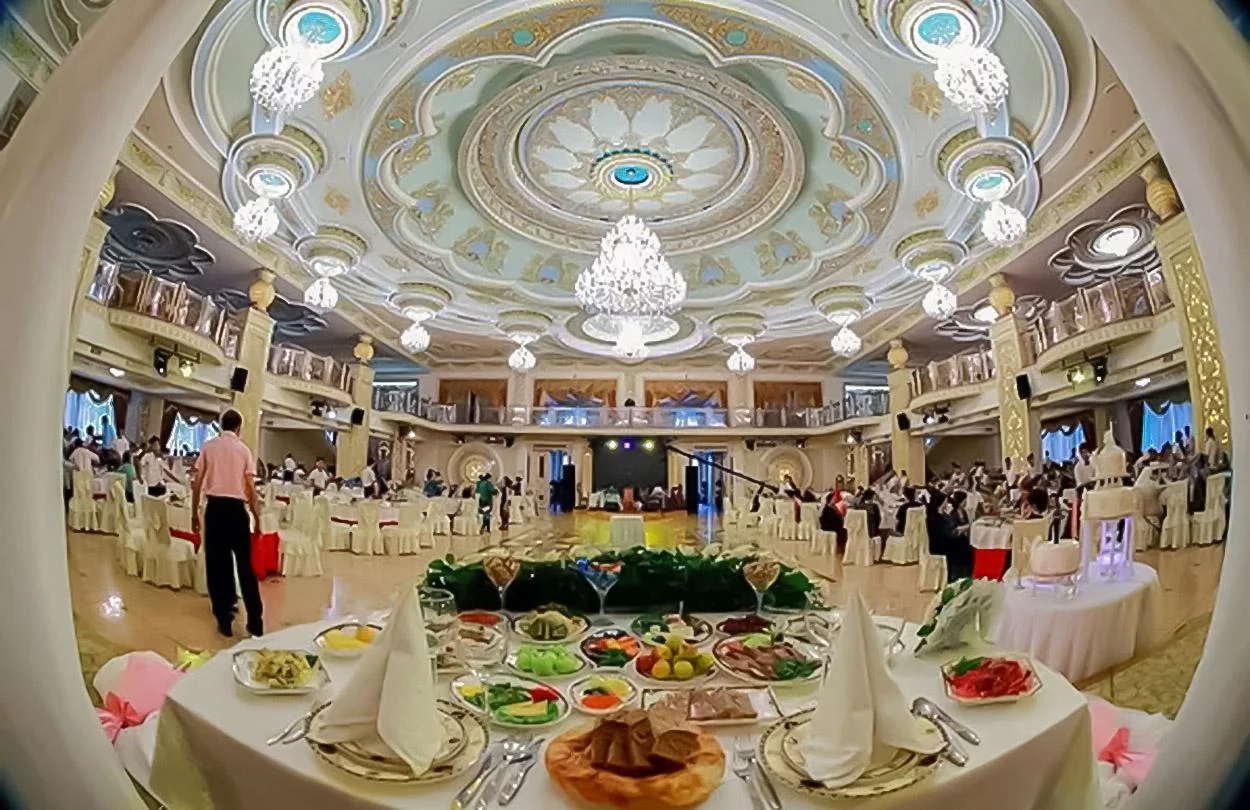Waste and pressure at weddings: what changes are expected in Uzbekistan?

Traditional wedding ceremonies in Uzbekistan are considered the biggest celebration in life for many. However, this holiday is not only a joy but also a heavy financial burden and a source of various traditional and social pressures for many families. Recent results of a social survey conducted by the nationwide movement “Yuksalish” show that the tendency toward extravagance at weddings and chasing artificial “prestige” still prevails in society.
This survey, with 1247 participants, covered all regions of the country. Most interestingly, the majority of respondents were already married—71 percent had seen and personally managed wedding traditions and expenses. One clear fact: almost all survey participants have either held a wedding or are currently planning one.
Loss of balance between income and expenses
According to the results, a large part of the population spends much more on wedding expenses than their average annual income. For example, 81 percent of families indicated a monthly income of 5–12 million soums, but 69 percent reported spending over 50 million soums on a wedding. In other words, money spent on weddings often exceeds the entire annual income.
Falling into debt and spending for “prestige”
The worst part is that most of the wedding expenses are covered not from personal savings but through loans, help from relatives, or other external sources. 25 percent of respondents were forced to borrow, and 55 percent covered the expenses with help from loved ones. This means that large celebrations and wastefulness often put the family’s financial stability at serious risk.
Social pressure and the influence of traditions
The main reason for waste at weddings is not personal desire, but the pressure of society and those around, as the survey once again proved. 46 percent of respondents said they held a large wedding because of “social pressure.” In other words, most admitted that they spent a lot because of external factors like “what will people say,” “expectations of relatives,” “parents’ hopes.”
Desire for a modest wedding and life’s reality
At the same time, 40 percent of respondents said they would prefer a modest wedding or celebration in a close circle. Only 7 percent considered luxurious, grand weddings to be acceptable. The growing number of those who see waste as baseless shows rising financial literacy and a more realistic attitude toward weddings. Answers like “I would have spent the money on education, housing, travel or business” confirm this.
There is a social demand for change
Participants most often named as solutions the reduction of guest numbers, the size of ceremonies, and the shortening of some pre- and post-wedding rituals. Only 7 percent said, “no change is needed.” This means there is a strong social demand for reform and simplification of wedding traditions.
Conclusion and recommendations
The “Yuksalish” movement, based on these results, presented the following important conclusions:
- Wedding expenses lead many families to excessive financial strain and debt;
- The main reason for waste is not personal wishes, but social pressure, expectations of older generations, and a “show-off” culture;
- Most of the population is ready to give up unnecessary ceremonies and hold simple, modest weddings;
- There is a conflict between traditions and real-life needs—this internal struggle is now an important issue in modern Uzbek society.
Recommendations:
– Promote giving up extravagance at weddings through television, internet, and social networks, increase attention to financial literacy;
– Popularize the concept of modest weddings via influential public figures—artists, bloggers, athletes, religious leaders;
– Give moral and material encouragement to families for holding simple weddings;
– Organize lessons on financial literacy and family budgeting in schools and universities;
– Promote the idea: “Wedding is not a show, but the beginning of a new family.”
Society is ready for change, now it’s time for concrete practical steps. Weddings should be a life test for true happiness and the future, not excessive waste and obligation. Time will tell: how will the new wedding culture develop in Uzbekistan? Read “Zamin” on Telegram!
Ctrl
Enter
Found a mistake?
Select the phrase and press Ctrl+Enter 





















